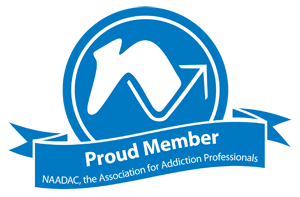Depressive disorders include disruptive mood dysregulation disorder, major depressive disorder (including major depressive episode), persistent depressive disorder (dysthymia), premenstrual dysphoric disorder, substance/medication– induced depressive disorder, depressive disorder due to another medical condition, other specified depressive disorder, and unspecified depressive disorder. The common feature of all of these disorders is the presence of sad, empty, or irritable mood, accompanied by somatic and cognitive changes that significantly affect the individual’s capacity to function. What differs among them are issues of duration, timing, or presumed etiology.
Major depressive disorder that represents the classic condition in this group of disorders. It is characterized by discrete episodes of at least two weeks duration involving clear-cut changes in affect, cognition, in neurovegetative functions and inter– episode remissions. A diagnosis based on a single episode is possible, although the disorder is a recuring to one in the majority of cases. Careful consideration is given to the delineation of normal sadness and grief from a major depressive episode. Bereavement may introduce great suffering, but it does not typically induce an episode of major depressive disorder. When they do occur together, the depressive symptoms and functional impairment tend to be more severe in the prognosis is worse compared with bereavement that is not accompanied by major depressive disorder. Bereavement – related depression pants to woke you’re in persons with other vulnerabilities to depressive disorders, and recovery may be facilitated by antidepressant treatment.
A more chronic form of depression, persistent depressive disorder (dysthymia), can be diagnosed when the mood disturbance continues for at least two years in adults or one year in children.
A large number of substances of abuse, some prescribed medications, and several medical conditions can be associated with depression – light phenomena. This fact is recognized in the diagnosis of substance/medication– induced depressive disorder and depressive disorder due to another medical condition.
Treatment
Depression can be treated via multiple approaches the most common of which include psychotherapy and medication management. Some individuals prefer to utilize homeopathic approaches including to nutritional supplements and vitamins. For instance, turmeric curcimin supplements have shown positive health benefits not only when it comes to treatment of depression and anxiety but also overall wellness.
References: American Psychiatric Association. (2013). Diagnostic and statistical manual of mental disorders (5th ed.). Arlington, VA: American Psychiatric Publishing.




